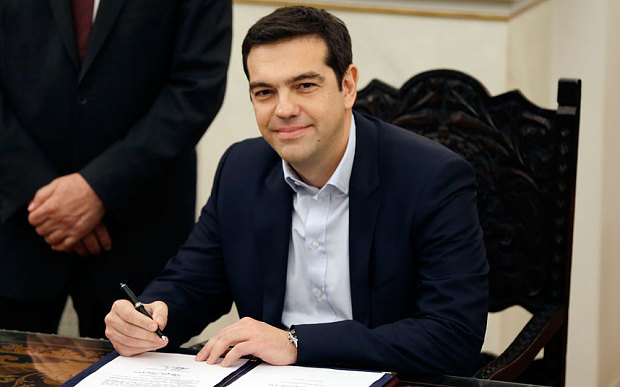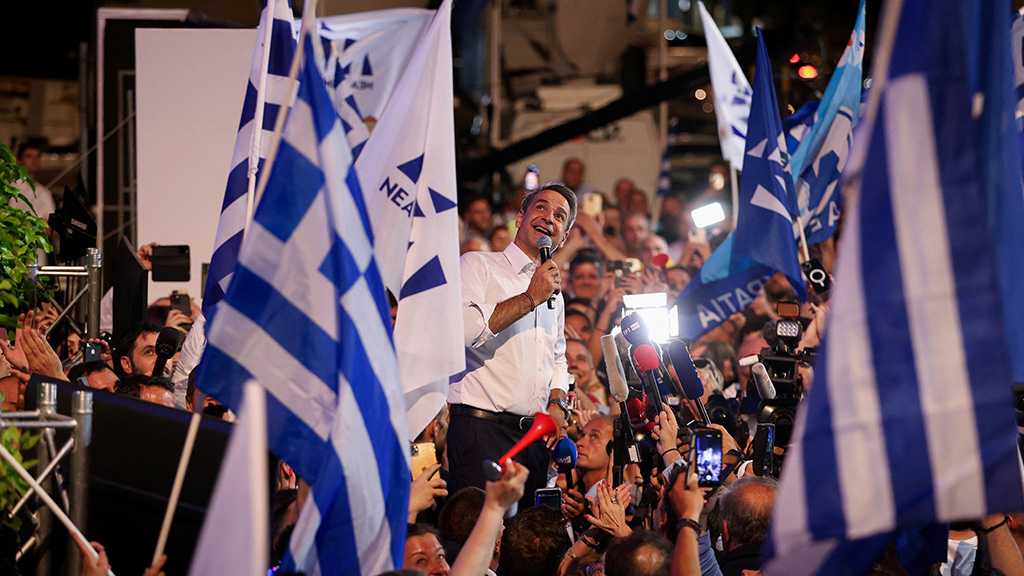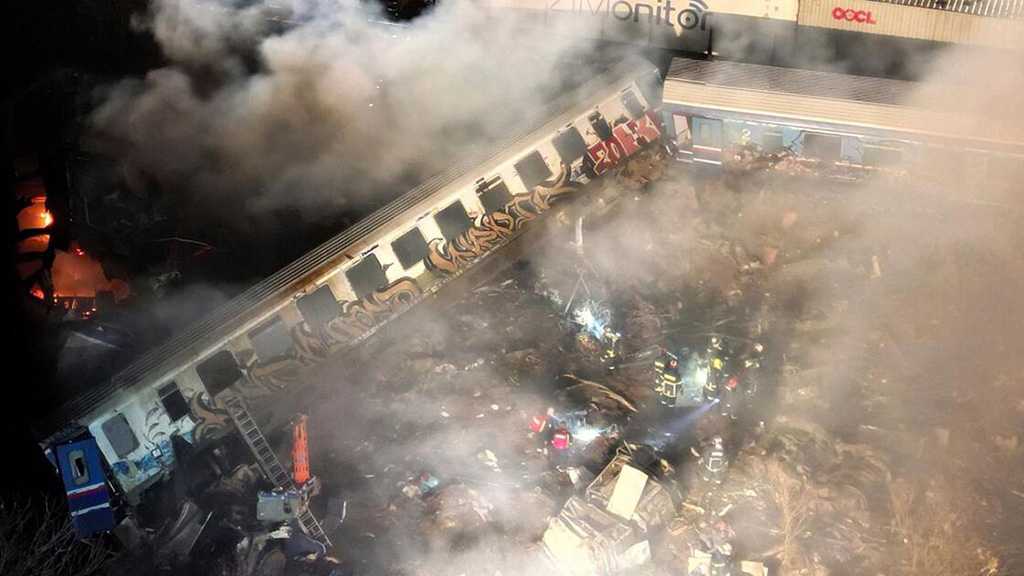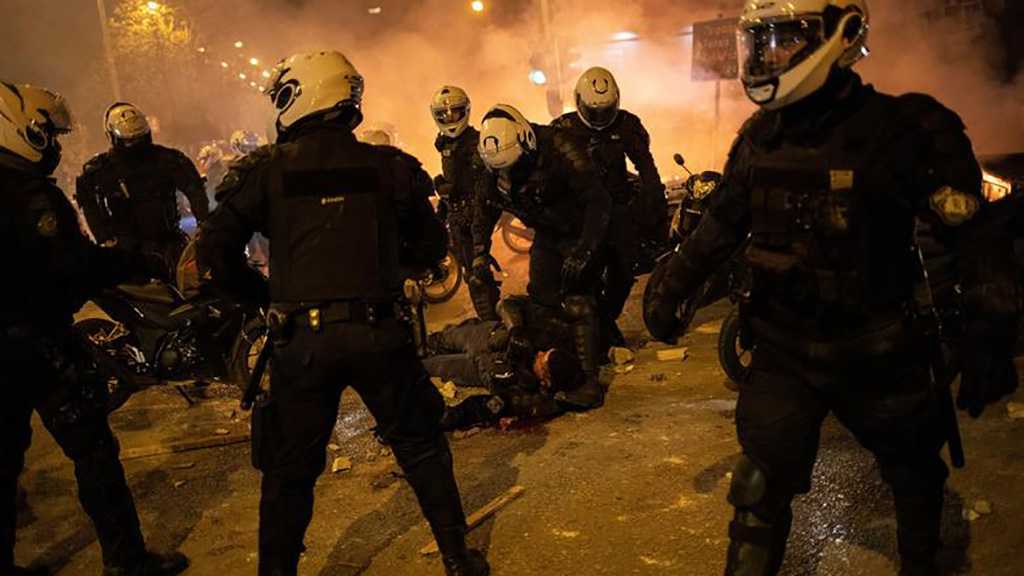
Greece Bailout: PM Faces Eurozone Deal Battle

Local Editor
Greek Prime Minister Alexis Tsipras faces a battle to persuade MPs within his government to back a third bailout offered by Eurozone leaders. Four pieces of legislation must be passed by the end of Wednesday, including pension and VAT reforms.
 But Defense Minister Panos Kammenos, a junior coalition partner said he will provide only limited backing.
But Defense Minister Panos Kammenos, a junior coalition partner said he will provide only limited backing.
If the deal fails, Greece's banks face collapse and the country could then be forced to leave the Euro.
The International Monetary Fund [IMF] announced early on Tuesday that Greece had gone further into arrears by missing a debt repayment for the second consecutive month.
Furthermore, Eurozone leaders agreed a conditional deal on Monday to provide up to €86bn [$95bn] of financing for Greece over three years.
It included an offer to reschedule Greek debt repayments "if necessary", but there was no provision for the reduction in Greek debt - or so-called "haircut" - that the Greek government had sought.
Parliaments in several Eurozone states also have to approve any new bailout. But Greece is still faced with a short-term cash crisis. Banks have been shut since 29 June.
As EU finance ministers took part in a scheduled meeting in Brussels on Tuesday, the head of the Euro group, Jeroen Dijsselbloem, said there were difficulties in arranging "bridge financing" that would cover Greece's short-term needs.
"We're looking at all the instruments and funds we could use, and all of them seem to have disadvantages or impossibilities, or legal objections," he said.
With the deal done, Greece is now racing to meet its first deadline: to pass four pieces of legislation by the end of Wednesday.
But the cracks are emerging in Alexis Tsipras's coalition. It doesn't bode well, and the prime minister is expected to reshuffle his cabinet.
Away from parliament, Tsipras will also struggle to sell this deal to his own voters, with strike action already called. But only if he pushes on will the Greek banks get an urgent injection of cash and will the vital bailout funds start flowing once again.
Consequently, the government in Athens needs an estimated €7bn to pay its debts in July and a further €5bn in August, but is also waiting for the European Central Bank to provide emergency cash assistance so the banks can reopen.
Source: News Agencies, Edited by a website team
Comments
- Related News



